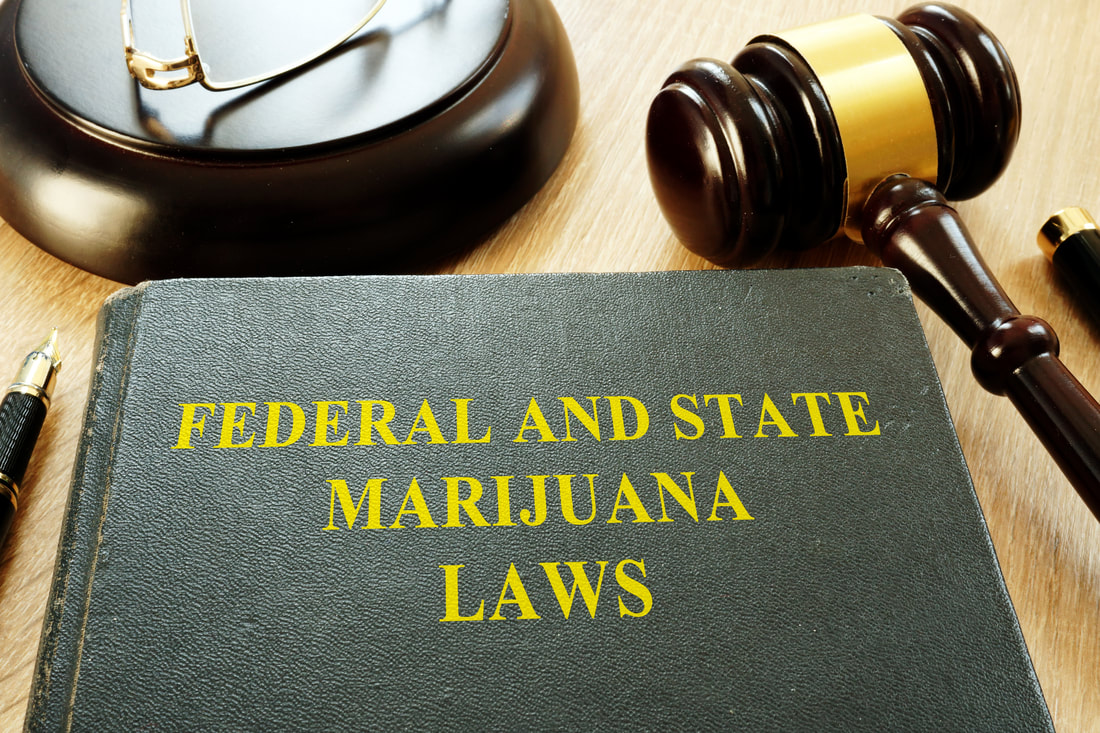|
The U.S. Supreme Court on Tuesday asked the U.S. Department of Justice to offer its opinion on whether federal drug policy should outweigh state laws requiring insurers and employers to compensate patients for medical cannabis costs.
The high court invited the U.S. solicitor general to file a brief expressing the executive branch's position as the justices mull whether to take up an appeal that could resolve the issue, which has divided the state courts. A petition for certiorari was circulated for conference on Friday. In the underlying decision, the Minnesota Supreme Court in October said that federal drug policy preempted a workers' compensation court decision ordering Mendota Heights Dental Center and its insurer, Hartford Insurance Group, to pay for medicinal cannabis that Susan K. Musta was prescribed for an on-the-job neck injury Musta filed her petition for review in November, urging the court to take up the issue. In a subsequent brief, filed Feb. 1, Musta said her case was an "ideal vehicle" to resolve a tension between state and federal policy that has reached a breaking point. "By this point 26 state supreme court justices have considered this question, with 11 finding preemption and 16 finding no preemption," Musta wrote. "With two state supreme courts on each side of the split, there is no possibility the split will disappear until this court intervenes. Delaying review will simply increase uncertainty and confusion. The time for certiorari is now." Hartford Casualty told the high court there was no need to revisit the Minnesota high court's decision, and that Musta's bid for a rehearing was "a poor vehicle for review," The company noted that Musta's employer, Mendota Heights Dental, had been dissolved; that the field of cannabis law was changing quickly; and that the state court split over the issue of medical marijuana reimbursements was too narrow and too recent a development. Musta said in her reply brief that the insurer's arguments were specious and immaterial. "Respondents identify no pending legislative proposals or rulemakings that could affect the legal analysis," Musta wrote. "They simply conjecture that in light of changing poll results, the law might change at some unspecified time in some unspecified way. That is no basis for denying review." In recent years, the U.S. Supreme Court has consistently declined to take up cases challenging marijuana's Schedule I status under federal law. However, in rejecting one such case, Justice Clarence Thomas said in June that the federal prohibition on cannabis might no longer be "necessary or proper" given how much latitude states have been allowed to enact their own legalization policies. "Once comprehensive, the federal government's current approach is a half-in, half-out regime that simultaneously tolerates and forbids local use of marijuana," Justice Thomas wrote. "This contradictory and unstable state of affairs strains basic principles of federalism and conceals traps for the unwary." In an amicus brief filed in December, Empire State NORML and other New York cannabis industry advocates urged the high court to take up Musta's case and find that marijuana's Schedule I status is no longer tenable thanks in part to the federal government's de facto policy of inaction when it comes to prosecuting state-legal medical marijuana activities. David C. Holland, the executive and legal director of the Empire State chapter of the National Organization for the Reform of Marijuana Laws, told Law360 on Tuesday that the invitation to the Solicitor General's Office was a "most welcome development." Holland referred to Justice Thomas' comments and said that "definitive guidance is needed from the court due to the number of legal and ethical conflicts that are caused by this continuing battle between federal preemption and state medical marijuana regulation." Counsel for Musta declined to comment Tuesday. Counsel for Hartford did not immediately respond to a request for comment. Musta is represented by Adam G. Unikowsky of Jenner & Block LLP and Thomas D. Mottaz and Cheri M. Sisk of Mottaz & Sisk Injury Law. Mendota Heights Dental and Hartford Casualty Insurance are represented by Jonathan M. Freiman of Wiggin and Dana LLP. The case is Susan K. Musta v. Mendota Heights Dental Center et al., case number 21-676, in the Supreme Court of the United States.
0 Comments
Leave a Reply. |
HISTORY
April 2024
Categories |
© Walk 4 Change. All rights reserved.


 RSS Feed
RSS Feed